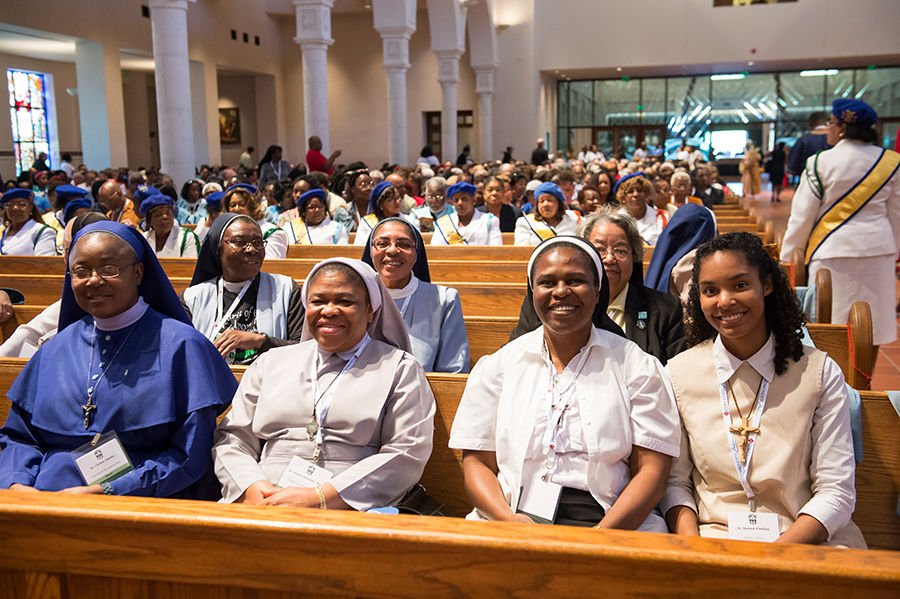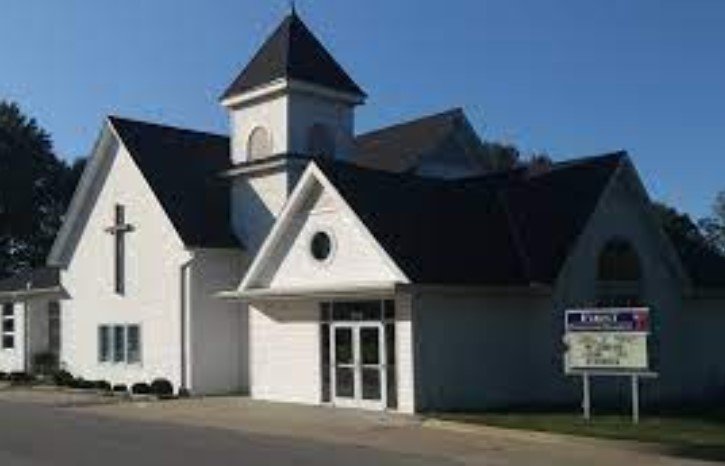Building strong connections within a denominational church community is essential for fostering a sense of belonging and mutual support. Effective engagement with church members can enhance the overall church experience and encourage spiritual growth. Here’s a guide to help you connect meaningfully with denominational church members.

Understand the Church’s Values and Mission
Learn the Core Beliefs
Before you connect with members, take the time to understand the church’s core beliefs and mission. Familiarize yourself with the denominational specifics and the church’s guiding principles. This foundational knowledge will help you align your interactions with the church’s values, making your engagement more authentic and meaningful.
Participate in Orientation Sessions
Many churches offer orientation sessions for new or interested members. These sessions provide valuable insights into the church’s history, mission, and community expectations. Attending these sessions can help you better understand the church’s culture and integrate more smoothly into the community.
Engage in Community Activities
Attend Worship Services Regularly
Regular attendance at worship services is a fundamental way to connect with denominational church members. Being present during services not only helps you become a familiar face but also provides opportunities to interact with others before and after the service.
Join Small Groups or Bible Studies
Small groups or Bible study sessions are excellent platforms for deeper interaction. These settings encourage more intimate discussions and foster stronger relationships. Participating in these groups allows you to engage with members on a personal level and build meaningful connections.
Volunteer and Contribute
Get Involved in Church Events
Volunteering for church events is a great way to meet and interact with other members. Whether it’s helping with community outreach programs, organizing church activities, or participating in fundraising events, your involvement shows commitment and helps you connect with like-minded individuals.
Offer Your Skills and Talents
If you have specific skills or talents, consider offering them to the church. Whether it’s music, teaching, or administrative support, contributing your abilities can help you become an integral part of the community. It also provides opportunities to work closely with other members and form stronger bonds.
Foster Open Communication
Be Approachable and Friendly
Approachability is key to building connections. Make an effort to be friendly and open when interacting with church members. A warm smile, genuine interest in others, and a willingness to listen can go a long way in establishing trust and rapport.
Engage in Active Listening
Active listening involves fully concentrating on what the other person is saying without interrupting or planning your response while they speak. By practicing active listening, you show respect and empathy, which helps in forming deeper connections with church members.
Attend Social Gatherings
Participate in Fellowship Events
Fellowship events such as potlucks, picnics, and social gatherings offer informal settings to interact with other members. These events provide opportunities to engage in casual conversations and build relationships outside of formal church activities.
Host Your Own Gatherings
Consider hosting your own gatherings or small events. Inviting church members to a casual get-together, such as a coffee morning or game night, can help you get to know them better and create a more personal connection.
Support and Encourage Others
Offer Support During Life Events
Being present during significant life events, such as birthdays, weddings, or times of hardship, demonstrates care and support. Showing up for members during these moments strengthens your bond and highlights your commitment to the community.
Provide Encouragement and Appreciation
Expressing appreciation and encouragement to fellow members fosters positive relationships. Simple gestures, such as sending a thank-you note or acknowledging someone’s efforts, can make a big difference in how connected and valued members feel.
Conclusion
Connecting with denominational church members involves understanding the church’s values, engaging in community activities, volunteering, fostering open communication, attending social gatherings, and offering support. By actively participating and showing genuine interest in others, you can build meaningful relationships and contribute to a vibrant, supportive church community. Embrace these strategies to enhance your connections and strengthen your role within the church.









